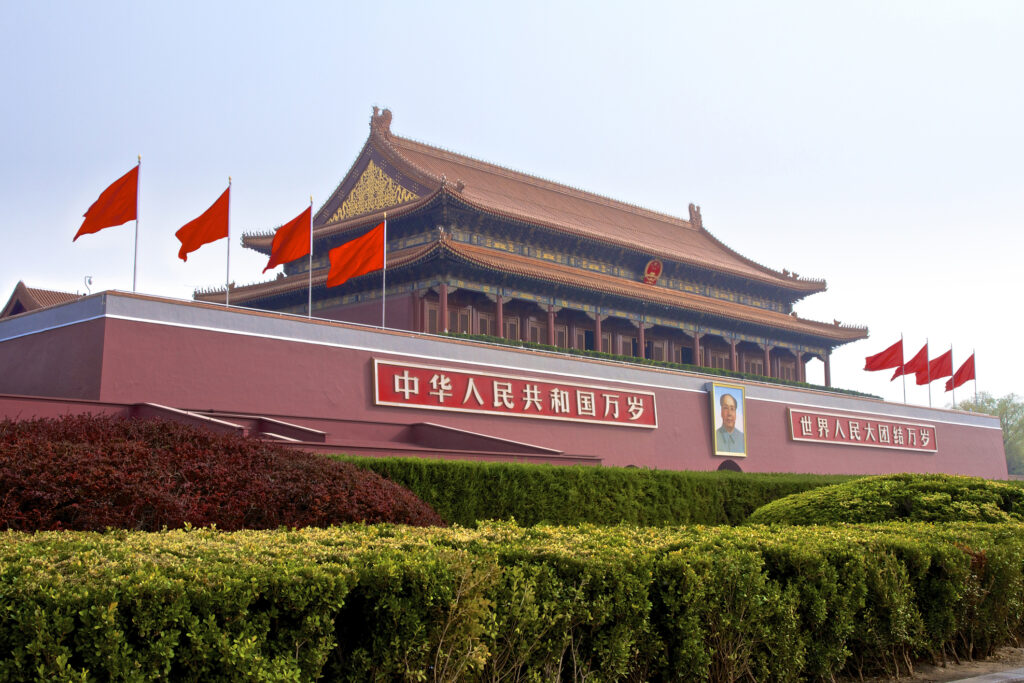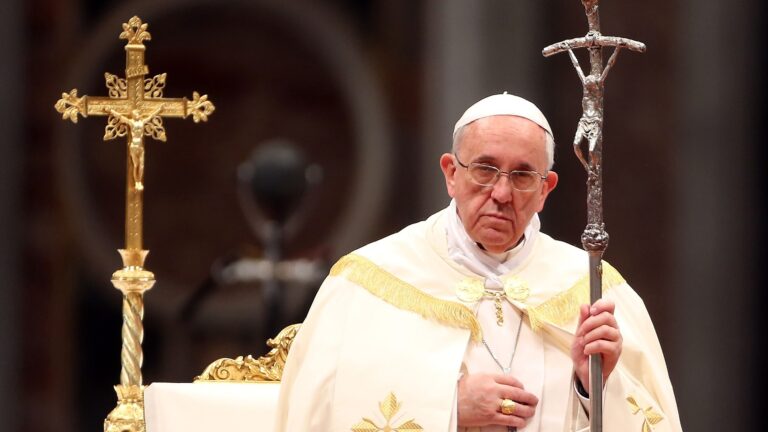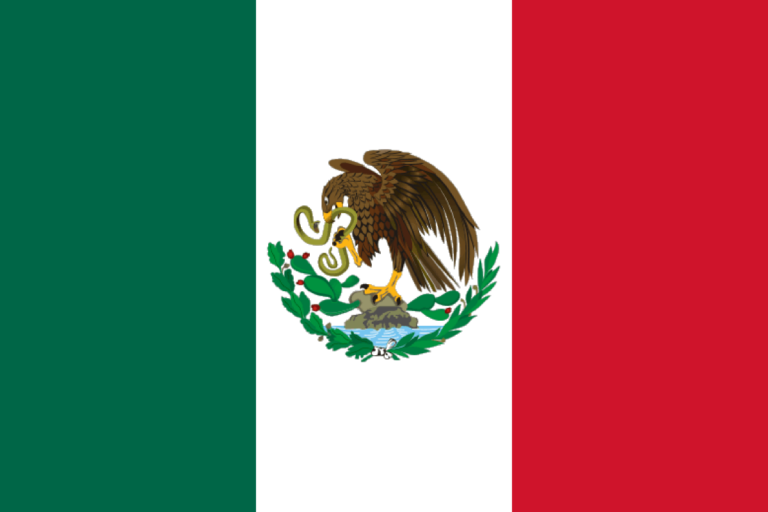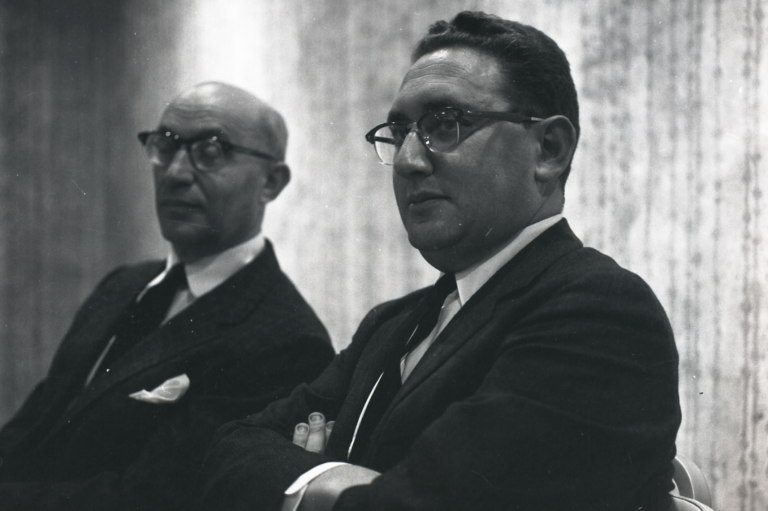China had a good run, but it is now over.
You know it’s over when 65 million homes — one-fifth of the nation’s total — lie vacant and real-estate prices have collapsed to 2018 levels.
Tens of millions of Chinese plunked down their life savings for an apartment in a high-rise that they will never live in because the builder went bankrupt, leaving the building an uninhabitable empty shell.
You know it’s over when China’s “official” youth unemployment rate reaches double digits, while its Ministry of Finance reports a 16% drop in personal income tax collected year over year.
Given how the Chinese Communist Party (CCP) toys with statistics, the real numbers must be much, much worse.
Finally, you know China’s boom days are over when both capital and people are heading for the exits.
Five hundred billion dollars may have fled the country in 2023 alone and the hemorrhaging continues.
And as far as the human exodus is concerned, look no further than our own southern border.
The Chinese are now the fastest growing demographic attempting to enter the US, with 37,000 apprehended during the last year alone, not counting an unknown number of “gotaways.”
While spies and saboteurs are surely among them — the CCP would be foolish not to take advantage of our open border in this way — the vast majority are simply seeking a refuge where their lives and property will no longer be at risk.
How has mighty China, which was supposed to dominate the 21st century, come to this?
The Trump tariffs—imposed in 2018 and still in place today — set China back on its heels. And the COVID debacle deepened China’s economic malaise.
But most of the wounds have been self-inflicted.
The Chinese economy is suffering from a kind of death by a thousand cuts perpetrated by the policies of Xi Jinping, a man who models himself on one of the most monomaniacal — and deadly — communist leaders in human history.
There is, one might say, a specter haunting China. It is the specter of Mao Zedong — channeled by his latter-day clone, Xi Jinping.
It wasn’t that long ago that former Chinese leader Deng Xiaoping, viewing the serial disasters that Chairman Mao’s Great Leap Forward and Cultural Revolution had created, decided that a little private property might not be a bad thing.
He dissolved the communes, encouraged people to go into business for themselves and opened up China to the West.
The result of removing the dead hand of the state was explosive growth.
The Chinese people pulled themselves up by their bootstraps and fueled decades of double-digit economic expansion, along with a new generation of wealth creators.
But then along came Xi Jinping.
Soon after assuming office in 2012, he gave a secret speech to senior leaders in which — sounding like every other communist from Karl Marx on — he predicted “the eventual demise of capitalism and the ultimate victory of socialism.”
Many observers, both in China and abroad, dismissed this as mere rhetoric.
Why would anyone in their right mind recklessly tinker with, much less abandon, a successful economic policy that has produced over three decades of mostly double-digit economic growth for China?
Yet, in communism’s latest triumph of ideology over experience, Xi is once again driving the Chinese people down the socialist road to ruin.
Xi had to move slowly at first.
He assured China’s wealth creators that he had no problem with people getting rich — as long as they used their wealth to serve the Party’s interests.
Then, to make sure they did, he sent political commissars to watch over them.
Every major non-state-owned company in China was ordered to add a CCP representative to its board.
The effect was to place a target on the backs of the wealthy. It wasn’t long before the more ambitious among those CCP overseers decided that the best way to ensure that the rich used their wealth to serve the Party’s interest was to steal it from them.
Taking their cues from Xi’s increasing hostility toward private enterprise, government officials at all levels began arresting, imprisoning, executing, and even “suiciding” hundreds of Chinese billionaires and CEOs. China’s wealthiest woman, Whitney Duan, was snatched from her Beijing apartment by the security forces in 2017 and has yet to reappear.
In the minds of rapacious Communist officials, the best way to eliminate capitalism has always been to simply eliminate the capitalists themselves.
Not surprisingly, the Chinese economy has been on the skids ever since.
In one sense, Xi is merely doing what all good communists do when they get in a position of power: they choke the life out of the economy–and out of any person who gets in the way.
We know how this tale ends.
Whenever a Chairman Mao or a President Xi decides that producing tyranny is more important than producing the goods — as they all do sooner or later — economic collapse follows.
When that day arrives, the Chinese people should not expect sympathy from Xi.
After all, they got none from his mentor either, when Mao’s own foray into collectivist folly ended in famine.
As tens of millions of his countrymen were starving to death in the early sixties, Mao simply shrugged: “Deaths have benefits, they fertilize the ground.”
******
Steven W. Mosher’s newest book is “The Devil and Communist China,” (TAN Books) from which this article is adapted.
This article originally appeared in the New York Post on March 30, 2024.











